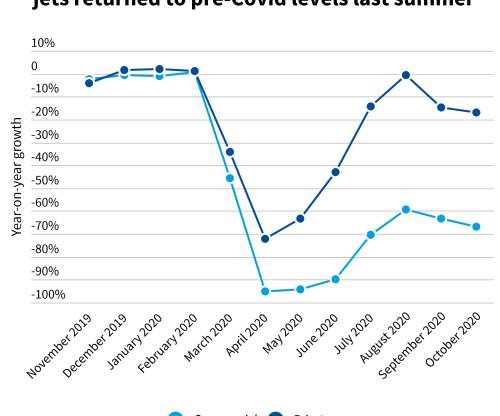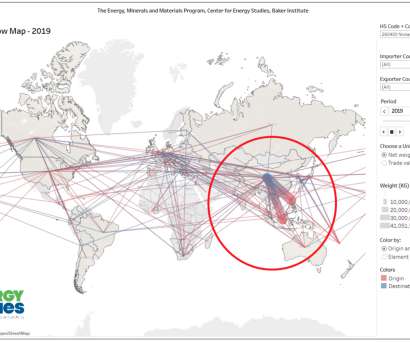Australia PM Gillard announces carbon pricing plan; transport fuels exempt, but lowered fuel tax credits to bring carbon price to some businesses
Green Car Congress
JULY 10, 2011
Australia Prime Minister Julia Gillard unveiled Australia’s carbon pricing plan—a core element in a new clean energy plan—in a short address to the nation. The Government intends to introduce legislation to underpin the carbon pricing mechanism into Parliament in the second half of 2011. Click to enlarge.



















Let's personalize your content